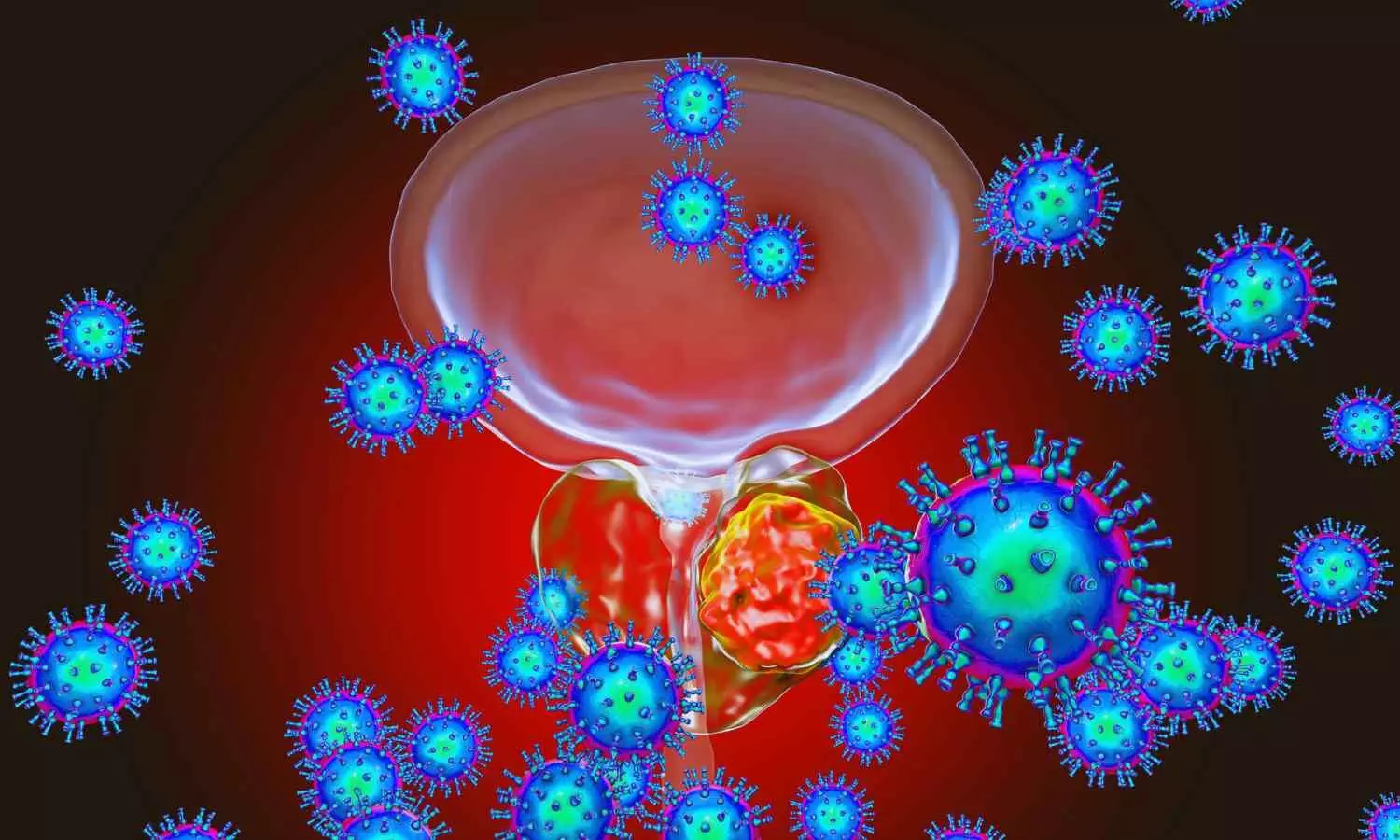Getting a coronavirus vaccine will be different than years past. What to know. - The Washington Post
- Getting a coronavirus vaccine will be different than years past. What to know. The Washington Post
- Opinion | Five troubling themes that show where CDC vaccine policy is headed The Washington Post
- Planning to Get a Covid Vaccine? Here’s What to Know Bloomberg.com
- CDC panel calls COVID vaccines 'personal choice' - How California is responding ABC7 Los Angeles
- CDC vaccine panel adds new rules for getting the COVID vaccine in a tense meeting NPR
1 month 2 days ago
The Trump administration is changing Covid, childhood vaccine recommendations – here’s what it means for you - CNBC
- The Trump administration is changing Covid, childhood vaccine recommendations – here’s what it means for you CNBC
- CDC panel calls COVID vaccines 'personal choice' - How California is responding ABC7 Los Angeles
- Getting a coronavirus vaccine will be different than years past. What to know. The Washington Post
- Ohio doctor urges COVID-19 vaccination despite CDC panel’s neutral stance 10tv.com
- Federal guidance leads to COVID vaccine confusion at Utah pharmacies FOX 13 News Utah
1 month 2 days ago
Health & Wellness | Toronto Caribbean Newspaper
Physicians are trained to diagnose and to treat, they are not trained to admit vulnerability
1 month 2 days ago
Health, #health, body health, Canadian health, Mental Health, restore mental health
Cops urged to prioritise health, wellness at fair - Trinidad and Tobago Newsday
Cops urged to prioritise health, wellness at fair
Trinidad and Tobago Newsday
1 month 3 days ago
Are screens to blame for spike in autism diagnoses? - UnHerd
- Are screens to blame for spike in autism diagnoses? UnHerd
- Autism by the numbers: Experts share reasons for the dramatic surge in diagnoses Fox News
- Virginia expert addresses myths about autism WDBJ7
- Autism rates: Why are they rising? Reuters
- Autism Fast Facts CNN
1 month 3 days ago
Medical News, Health News Latest, Medical News Today - Medical Dialogues |
Bout of cystitis may signal presence of urogenital cancers in middle-aged adults, suggests study
1 month 3 days ago
Nephrology,Oncology,Urology,Nephrology News,Oncology News,Urology News,Top Medical News,Latest Medical News
Do You Need a COVID-19 Vaccine? | News & Stories | DHMC and Clinics - dartmouth-hitchcock.org
- Do You Need a COVID-19 Vaccine? | News & Stories | DHMC and Clinics dartmouth-hitchcock.org
- While COVID cases increased, West Virginians couldn’t get vaccines as Kennedy’s CDC delayed guidance The Register-Herald
- Confused about COVID-19 vaccine? Check with your primary care provider, say KY doctors Kentucky Lantern
- Understanding Who Can and Should Get the COVID-19 Vaccine Spokane Regional Health District
- Changes to federal COVID-19 vaccine policies have slowed vaccination efforts in the Roaring Fork Valley Aspen Public Radio
1 month 3 days ago
Time for national pride in our fruits: Fruity Wednesdays
1 month 3 days ago
Health, lifestyle, PRESS RELEASE, Youth, fruity wednesday, gfnc, grenada food and nutrition council
Dominican Education Ministry seeks investigation into toxic chemical incidents at schools
1 month 3 days ago
Health, Local
A Common Medicine May Stop Colorectal Cancer From Returning - ScienceAlert
- A Common Medicine May Stop Colorectal Cancer From Returning ScienceAlert
- Common over-the-counter medication slashes colorectal cancer recurrence in half Fox News
- Aspirin can have ‘huge effect’ in stopping colorectal cancer returning, study finds | Medical research The Guardian
- Aspirin halves the risk of recurrence in patients with colorectal cancer, clinical trial finds Medical Xpress
- ALASCCA Trial Results: Low-Dose Aspirin in PI3K-Altered CRC Oncodaily
1 month 3 days ago
Cancer drug could double as autism therapy, and is poised for FDA approval
1 month 4 days ago
Health, autism, childrens-health, medical-research, brain-health, medications, lifestyle
Medical News, Health News Latest, Medical News Today - Medical Dialogues |
Weight loss trial reports success for breast cancer patients at one year mark
1 month 4 days ago
Oncology,Oncology News,Top Medical News,Latest Medical News
Brain organoids reveal potential neural basis of schizophrenia and bipolar disorder - Medical Xpress
- Brain organoids reveal potential neural basis of schizophrenia and bipolar disorder Medical Xpress
- Mini Brains Expose Neural Signatures of Schizophrenia and Bipolar Neuroscience News
- Computational analysis pipeline accurately identifies schizophrenia and bipolar disorder in tissue cultures AIP.ORG
- AI Detects Schizophrenia and Bipolar Disorder Neural Signatures in Organoids Genetic Engineering and Biotechnology News
- Mini-Brains Help Spot Schizophrenia and Bipolar Disorder With 92% Accuracy Technology Networks
1 month 4 days ago


